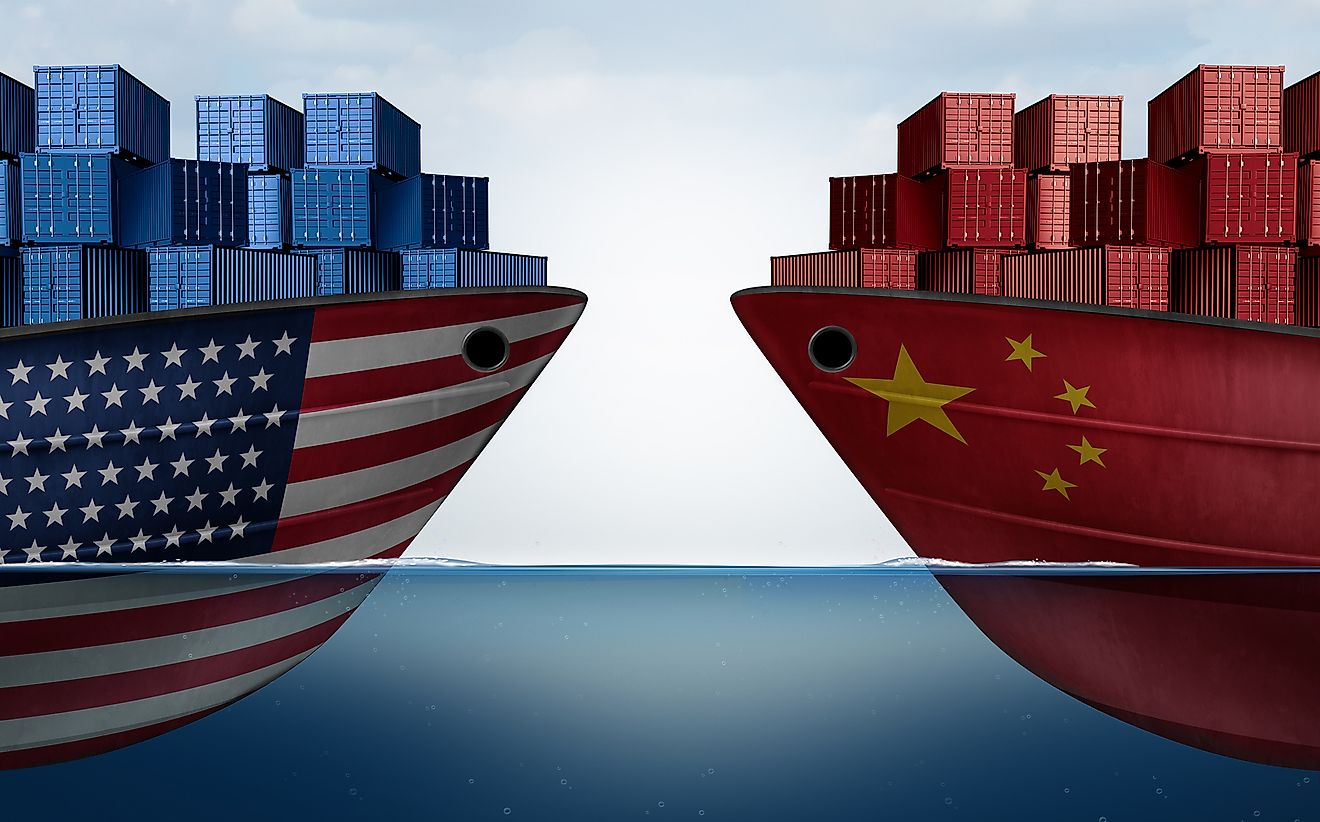Why Do Countries Impose Tariffs?

Simply defined, a tariff, which is also called a trade barrier or duty, is a tax placed on imports. Tariffs can be fixed (the taxes are the same per a determined amount) or they can vary depending on the goods and the quantity. The most common use of a tariff is the protection of the domestic sector and the jobs it creates. This is because taxed goods are normally more expensive than local ones thus encouraging purchases from local industries.
Tariffs are a bit different from quotas although they play some similar roles. A quota places a limit on the amount of goods (mostly on imports) that can be traded with other countries. A good example is the quota placed by the government of Canada to protect its dairy industry.
Functions of Tariffs
As stated before, the government imposes tariffs to protect local industries. The tariff can be even higher if the industry is considered crucial or there is strong political support. Consequently, the prices of the imports go even higher thus forcing more people to buy domestic goods. This also becomes particularly useful in protecting infant industries that do not have the resources to compete with more established international firms.
Tariffs are also a great way for countries to generate revenue. In fact, currently, President Trump has been a strong advocate of tariffs to generate income. However, it should be noted that they do not generate that much income compared to other sources.
Aside from revenue, tariffs can be used as a means of negotiation. If two countries trade, then one of them may impose tariffs to get the other one to reduce or remove trade barriers that may be present or force the other country to agree to something.
Side Effects of Tariffs
Despite their best intentions, tariffs can actually cause some negative consequences. For example, by reducing external competition, local companies and industries may become less efficient and innovative. This may eventually trickle down to the end consumer because a lack of competition means a monopoly, which translates to increased prices.
Tariffs can also generate tension if they are deemed to favor some industries or regions. For example, a tariff that favors firms in the city may end up hurting those in rural areas. Just like above, the end consumer may also be forced to pay more for the product.
When a country imposes tariffs on another, the other nation can choose to retaliate by placing barriers of its own. This cycle leads to a trade war that is never good for either economy. A good example is the trade war between China and the United States that started in 2018 with President Trump. In some cases, a severe trade war may even promote xenophobic tendencies.
Case Study: China–US Trade War
This is the perfect case study because these two countries have the world’s largest economies. The war started in 2018 when President Trump decided to impose tariffs and other barriers to force the Chinese to agree to some changes. The US argued that China needed to stop some unfair practices such as stealing intellectual property, forced transference of American technology, and other things. In response, the Chinese hit back with tariffs of their own.
On the ground, the war has had quite a number of unintended consequences. Manufacturers and consumers have had to deal with higher prices while some nations have also been adversely affected. It is important to note that some countries have benefited by increasing manufacturing to fill any trade gaps created by the wars. The stock markets have also grown highly unstable. Essentially, the whole global economy has felt the ripples in some way and uncertainty is abound.
The Tariff Debate
There is almost a consensus that tariffs always lead to negative effects. Most economists agree that the opposite of tariffs, that is, free trade, is better for the economy as a whole. However, even free trade has its disadvantages.











